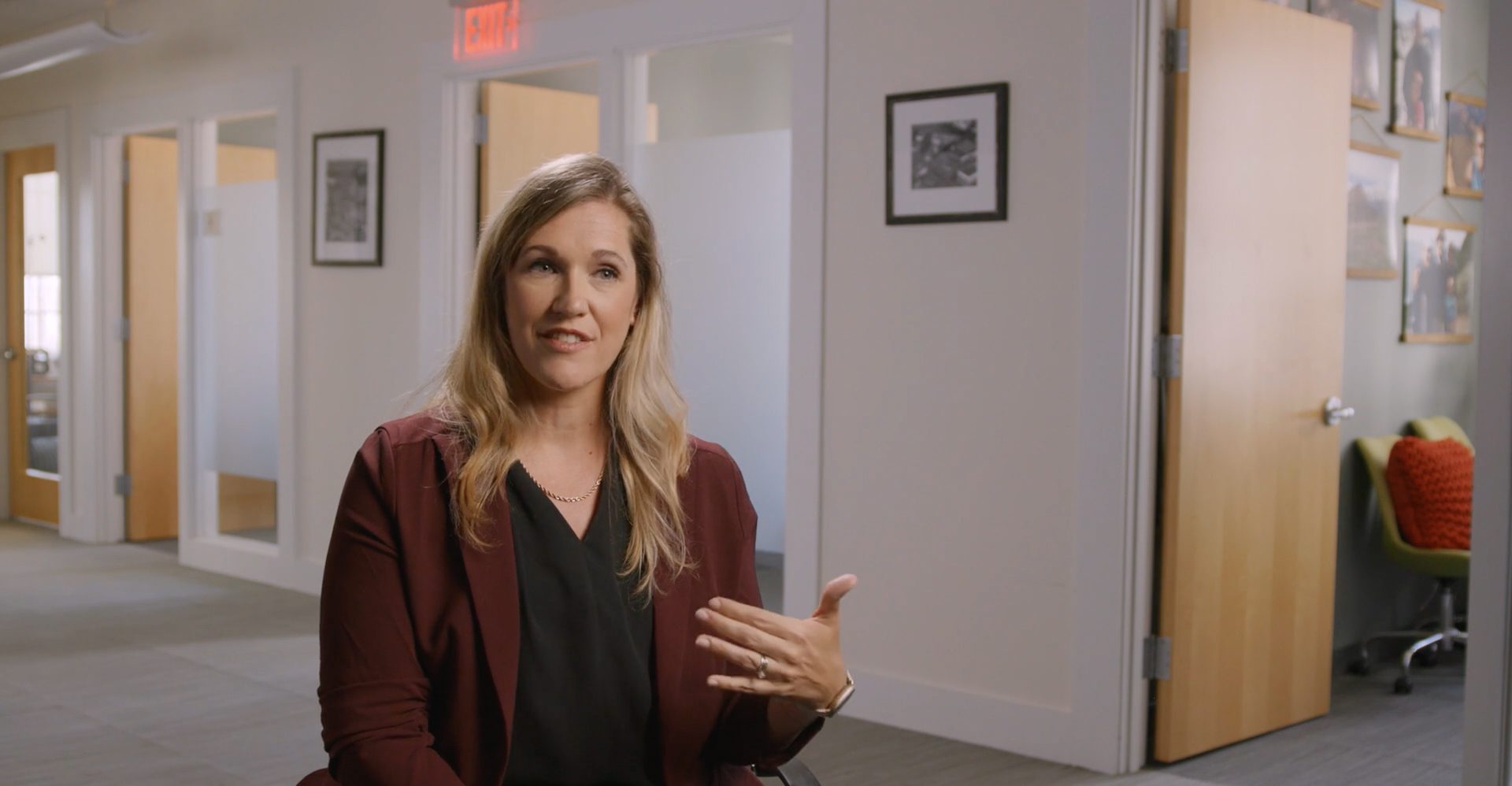The best time to start preparing for a good feedback discussion was a few years ago

Originally published on Training Industry
There’s an oft repeated maxim in the learning sciences: the best designed instruction will have no impact on the unmotivated learner, whereas the motivated learner will discover whatever nuggets of value exist in poorly designed instruction. From this the learning professional can take many lessons. One is that if they can find a way to motivate their learners, they don’t have to work as hard designing instruction. Another is that a lot of the work involved in developing skills occurs before – in some cases long before – a person walks into a classroom or fires up an online course.
Many of the same things can be said of workplace feedback. When you try to give feedback to someone who is not in the right frame of mind, the only way you will get through to them is if you take the time and care to help them get into the proper mindset. Even then, if the person is in the wrong mood, worried about other things, in fear of being judged, etc., the feedback may not land.
“All of this is another way of saying that the foundation for a productive feedback discussion (or an unproductive one for that matter) is laid long before the discussion ever occurs.”
What makes feedback difficult
In general, one of the main things we need to overcome when giving feedback is the innate response that most of us have, as humans, to oppositional language and behavior. We are programmed to perceive things that challenge and contradict our own views of the world as threats. This is particularly true when our views of ourselves appear to be challenged. We will often react defensively to such things, which puts our minds into fight or flight mode. Our bodies try to aid in this by flooding our minds with chemicals that focus on the threat at the expense of everything else. In other words, we’re no longer able to process or even perceive other things. This sounds a bit dramatic, but in practice, we can see the subtle effects of this phenomenon even in casual conversation.
That’s why so much of the great advice on feedback is designed, knowingly or not, to help you navigate around this issue. In general, we’re trying to avoid having someone perceive what they’re hearing as a threat. We’re trying to avoid their feeling personally judged. We don’t want them to feel as though they are being punished, their reputation is being sullied, or any of the other negative feelings that come up when we receive feedback. In sum, we’re trying to reduce their fear of some form of threat. We can accomplish this with the right tools, but it takes time, skill, and conversational acumen. Such conversations can often feel like walking a tightrope.
What makes feedback even more difficult
All of this is true in any feedback conversation, but it’s particularly true when you’re giving feedback to someone whom you don’t know well, with whom you haven’t gotten along in the past, or who feels you are in competition with them. For the conversation to go well, the person receiving feedback needs to believe that you don’t have an agenda, that you’re qualified to give the feedback, and that the feedback will help them in some way. When you don’t have a strong professional relationship with the person giving feedback, you have to spend time in the conversation establishing those conditions.

How to make feedback easier
On the other hand, when you’ve established a working relationship that is founded on the pillars of safety, trust, and competence, the person receiving feedback is far less likely to react in a defensive way. You can often dispense with many of the other conversational tools needed to set the stage and you can proceed with less worry of an adverse response from the feedback receiver. It’s like walking the tightrope with a safety net underneath.
Simple enough. But the fact is that creating and maintaining a high functioning working relationship takes a lot of time and diligence – months and years. This is why my colleagues and I often say that the foundation of a good feedback conversation, among many other things, is laid long before the conversation has ever occurred. It begins with how you relate to and work with all of your coworkers. If you work hard every day to establish safety, trust, and competence in your working relationships, managing the day-to-day work on your team will be that much easier.


